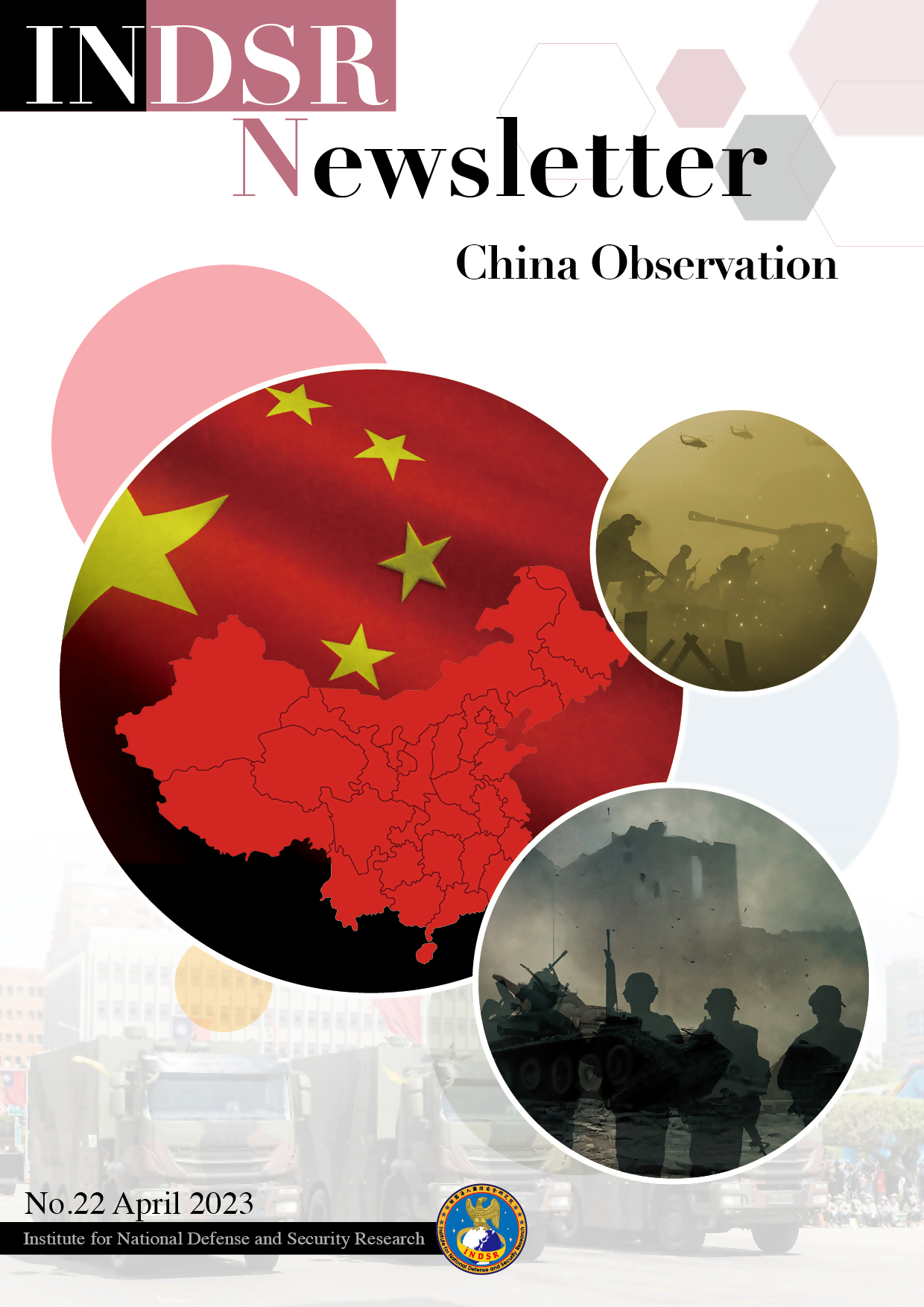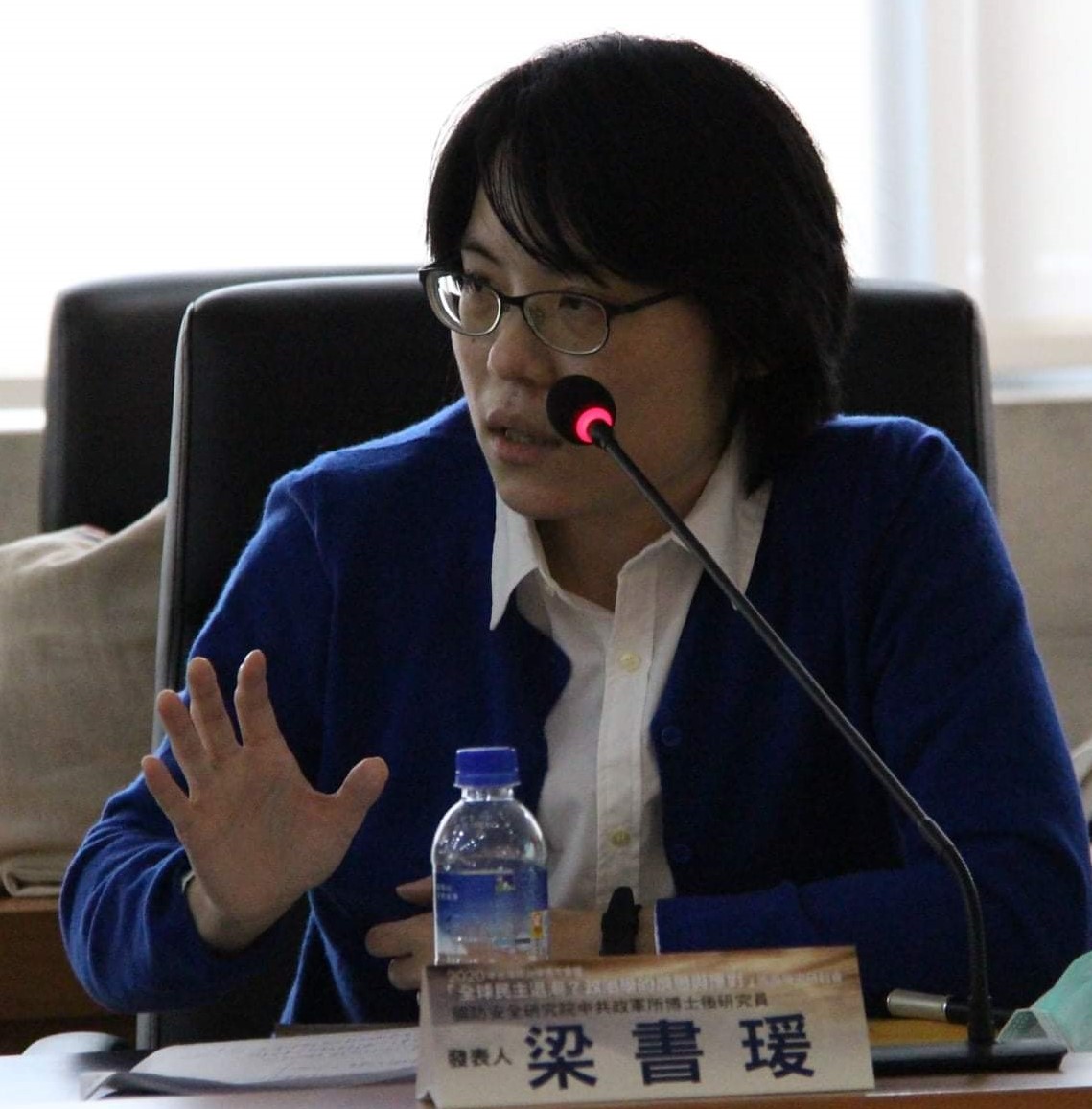China’s Two Sessions and the Future of Private Economy
2023.05.23
Views
658
PDF link:
The annual Two Sessions are an occasion for members of the Chinese Communist Party’s Politburo Standing Committee to participate in discussions and release policy signals. This year (2023), Xi Jinping not only took part in the deliberation of the Jiangsu delegation at the National People’s Congress but also attended the joint group meeting of the China National Democratic Construction Association(CNDCA) and the All-China Federation of Industry and Commerce(ACFIC). From Xi Jinping’s remarks during the meetings, it is evident that the development of the private economy will be the economic focus of the CCP this year.
Boosting the private economy is seen as a solution to China’s economic woes
At the Central Economic Work Conference in December 2022, Xi Jinping pointed out that the economic tasks for the upcoming year in China are numerous, with the priority being to boost consumption, strengthen government investment, stabilize export volumes to developed countries, and thereby improve the problem of insufficient aggregate demand.[1] After more than 45 years of reform and opening up, private enterprises have made significant contributions to maintaining economic momentum, providing employment opportunities, boosting consumption, tax revenues, and technological innovation. [2] However, after three years of strict epidemic prevention and control measures across the country, private enterprises have suffered huge losses, which has led to China’s sluggish economic performance. In the spring of 2022, the Yangtze River Delta region suffered from the impact of the Omicron variant of COVID-19, causing GDP growth to be lower than expected, with a growth rate of only 3%, far below the set target. [3] Given the importance of the private economy to China’s economic growth, its performance after the lifting of epidemic restrictions will play a crucial role in China’s economic work this year. Xi Jinping stated at the joint group meeting of the CNDCA and the ACFIC that “we must actively promote the important role of private enterprises in stabilizing employment and increasing incomes.”[4] China’s official media and scholars have also argued that supporting the development of private enterprises is necessary to solve unemployment problems. [5] We can see that the Chinese Communist Party has released the development of a prosperous private economy as a solution to escape the current economic predicament. Boosting the private economy should be a part of this year’s economic policies.
Private enterprises must adhere to the concept of “high-quality development” and serve China’s socialist modernization
For the Chinese Communist Party, “high-quality development” is not only the axis of the 14th Five-Year Plan and the future of China’s economic work but is also related to the overall situation of China’s socialist modernization. [6] During this year’s Two Sessions, Xi Jinping attended the joint group meetings of the CNDCA and the ACFIC. Apart from reaffirming that private enterprises and entrepreneurs are “our people” and calling for private companies to “lighten their load and boldly develop,” he emphasized the need for private enterprises to pursue high-quality development consciously. Xi urged private enterprises to shift their development methods and abandon the mindset of extensive economic development of the past. [7] Based on the above, if the Chinese Communist Party attempts to change the country’s economic development model, given the importance of the private economy to China’s economic development, private enterprises must also embark on the path of “high-quality development.” Otherwise, the CCP may fall short of its goal of building a socialist modern country.
The CCP has included private enterprises as a crucial part of safeguarding national economic security
During this year’s Two Sessions, Xi Jinping directly criticized the US’s technological containment of China, which has cast a shadow on China's development. He believes that only through technological self-reliance and innovation can China go beyond external pressures and achieve a comprehensive socialist modernization. [8] The CCP is acutely aware of the US’s efforts to weaken China’s economic strength by targeting its technological advancements. If the US-China competition remains unchanged, China’s future economic security will rely on the degree of technological independence it can achieve.
Compared to Xi’s speech at the 2016 Two Sessions, where he addressed the joint group meeting of the China National Democratic Construction Association and the All-China Federation of Industry and Commerce of Private Enterprises, the government has put more emphasis on private enterprises during these times of “profound and complex changes in the international and domestic environment” and called for “solidarity and unity.” The CPPCC members appointed at this year’s Two Sessions represent emerging strategic industries such as electric vehicles, semiconductors, and artificial intelligence, as opposed to the retired representatives from the internet and real estate industries, such as Ma Huateng of Tencent, Ding Lei of NetEase, Li Yanhong of Baidu for the former and Tu Jiayin of Evergrande Group for the latter.[9] The CCP is no longer solely focused on solving institutional problems facing private enterprise development but is also trying to mobilize private enterprises to assist the country in strengthening its economic security: Capable and qualified private enterprises must strengthen independent innovation and play a greater role in achieving technological independence.
The CCP’s reaffirmation of the importance of the private economy during the Two Sessions refutes doubts about the “the state advances, the private sector retreats” caused by state-owned enterprises acquiring private enterprises or strengthening regulation in specific industries. The article believes that the CCP can’t threaten the survival of private enterprises, but it intends to have a tighter grip on these strategic industries. The CCP is not shy about including private enterprises in the National Technological Innovation System. Although the domestic private enterprises may risk western countries' technological cutting off, it may also indicate that the CCP believes that the U.S.-China technological decoupling is irreversible and that they plan to rely on their own people. It is worth noting that the CCP is not only fully committed to breaking through the technological barriers but is also planning to establish a new ecosystem to overtake the current technological leaders and achieve true technological independence.
(Originally published in the “National Defense and Security Real - time Assessment”, March 15, 2022, by the Institute for National Defense and Security Research.)
(The contents and views in the assessments are the personal opinions of the author, and do not represent the position of the Institute for National Defense and Security Research.)
[1] Xi Jinping, “Several Major Issues in Current Economic Work,” qstheory.cn, March 4, 2023, http://www.qstheory.cn/dukan/qs/2023-02/15/c_1129362874.htm
[2] “China’s Two Sessions: Private Enterprises Grow on China's Fields of Hope,” people.cn, March 1, 2023, http://politics.people.com.cn/BIG5/n1/2023/0301/c1001-32633714.html.
[3] “2023 Government Work Report,” gov.cn, March 5, 2023, http://www.gov.cn/zhuanti/2023lhzfgzbg/index.htm.
[4] “Xi Jinping, While Visiting Members of the DAB and the ACFIC Who Attended the CPPCC Meeting, Stressed the Importance of Correctly Guiding the Healthy Development of the Private Economy and Its High-quality Development,” people.cn, March 7, 2023, http://lianghui.people.com.cn/2023/n1/2023/0307/c452482-32638205.html.
[5] “The Target of 12 million New Jobs: Experts Suggest Vigorous Development of the Private Economy to Promote Employment,” https://www.yicai.com/, March 5, 2023, https://m.yicai.com/news/101692636.html; Xiong Li, “Can We Increase 12 Million New Jobs?” ce.cn, March 8, 2023, http://www.ce.cn/xwzx/gnsz/gdxw/202303/08/t20230308_38430685.shtml.
[6] Xi Jinping, “Unite to Achieve the Goals and Tasks Set by the 20th Party Congress,” qstheory.cn, December 31, 2022, http://www.qstheory.cn/dukan/qs/2023-02/15/c_1129362874.htm.
[7] “Xi Jinping, While Visiting Members of the DAB and the ACFIC who Attended the CPPCC Meeting, Stressed the Importance of Correctly Guiding the Healthy Development of the Private Economy and Its High-quality Development,” people.cn, March 7, 2023, http://lianghui.people.com.cn/2023/n1/2023/0307/c452482-32638205.html.
[8] “Xi Jinping, While Visiting Members of the DAB and the ACFIC Who Attended the CPPCC Meeting, Stressed the Importance of Correctly Guiding the Healthy Development of the Private Economy and Its High-quality Development,” people.cn, March 7, 2023, http://lianghui.people.com.cn/2023/n1/2023/0307/c452482-32638205.html.; “Xi Jinping Stressed the Importance of Firmly Grasping the Primary Task of High-quality Development When Participating in the Deliberations of the Jiangsu Delegation,” people.cn, March 6, 2023, http://lianghui.people.com.cn/2023/n1/2023/0306/c452482-32637372.html.
[9] Chen Zhenglu, “47 Tycoons Have dDopped from China’s National People’s Congress and A Large Number of Internet Giants Bid Farewell to the Political Arena,” udn.com, March 5, 2023, https://money.udn.com/money/story/5603/7010957?from=edn_newest_index.


